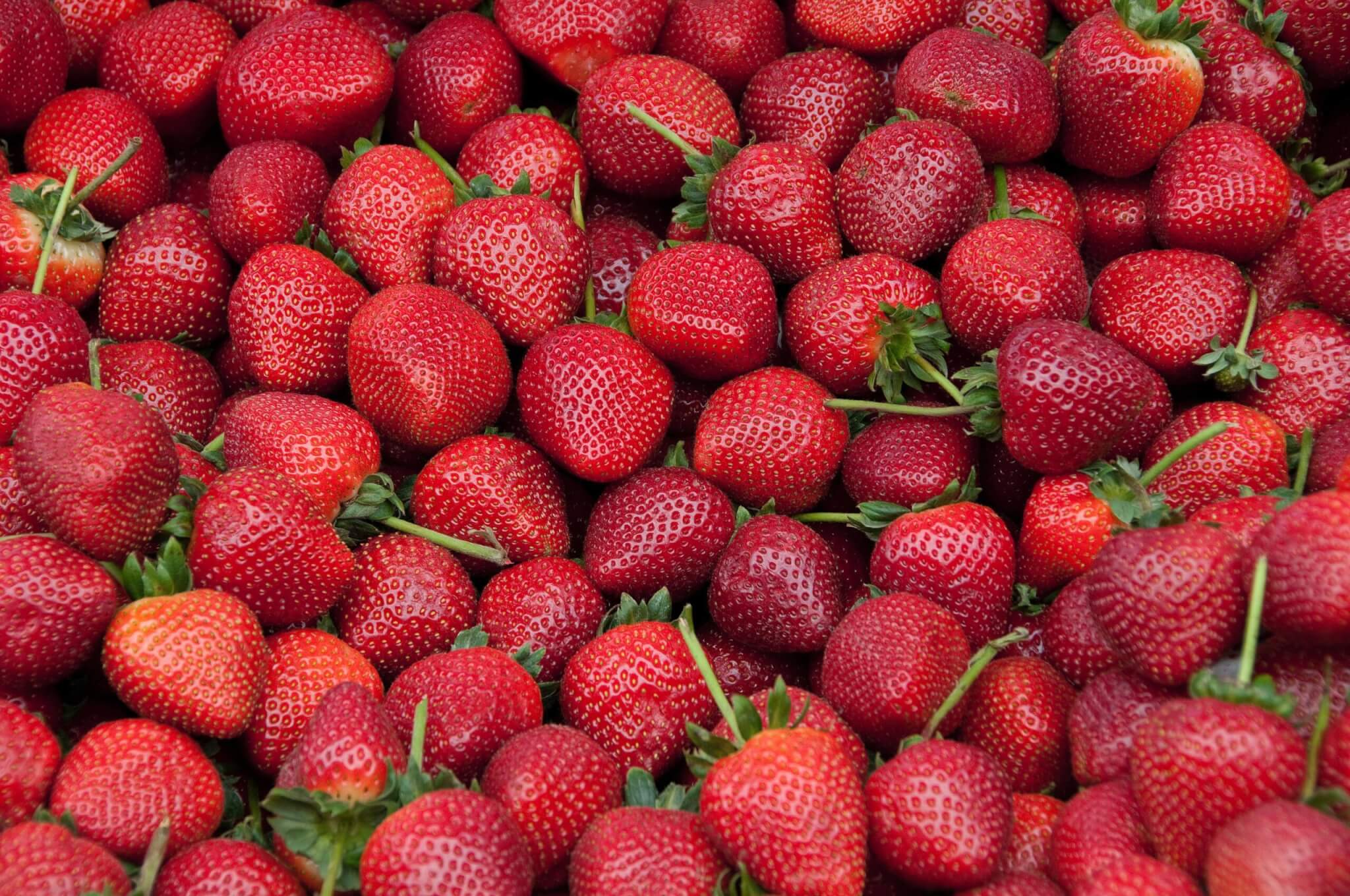BEIJING, China — Strawberries can either be really nice and sweet, or watery and flavorless. It turns out that pesticides may be to blame for the latter. A team of researchers finds that two common strawberry fungicides can alter cellular mechanisms, leaving you with less sweet and flavorful berries, as well as even less nutritious ones.
The flavor profile of berries, and any fruit, is a result of its taste and smell. Sweetness usually comes about from the amount of dissolved glucose or fructose sugar molecules. Meanwhile, unique smells come from volatile compounds like esters and terpenes. Interestingly, studies show that terpenes have anti-cancer, anti-microbial, anti-fungal, anti-viral, anti-inflammatory, and even anti-parasitic properties. All of this is part of why fruit is so healthy for us. Additionally, many fruits have vitamin C, fiber, folic acid, and antioxidants.
The problem with fungicides is that since they are designed to disrupt the cellular processes of harmful fungi, they could accidentally also disrupt the crop. This could inhibit production of all the compounds that help build flavor and nutrition into the fruit. To look into this further, study author Jinling Diao and researchers investigated how boscalid (BOS) and difenoconazole (DIF) — two common strawberry fungicides — impact specific molecular pathways in the fruit.

To do this, the team grew three groups of strawberries in identical conditions, applying BOS or DIF to two of the groups while the berries were still in their early phases and green. Despite treatment, once the berries were fully grown, they were all still the same size and color compared to those without any pesticides. However, the team found that the treated berries developed several chemical changes in response to the fungicides.
Firstly, they found reduced amounts of soluble sugars and nutrients like sucrose and vitamin C. Additionally, they found that sugars ended up converting to acid, which takes the sweetness level down even more. Researchers also found that the number of esters and terpenes changed, which negatively alters a strawberry’s taste and smell. The team observed that BOS directly impacted gene regulation involving the cellular pathways responsible for sugar, volatile compound, nutrient, and amino acid production.
These findings were further validated through a blind taste test, where people consistently chose the flavor of untreated strawberries over the treated ones. The team believes that their work could help farmers make more informed decisions on their pesticide use.
The findings are published in the Journal of Agricultural and Food Chemistry.


Of course. We don’t eat all those bugs along with them.